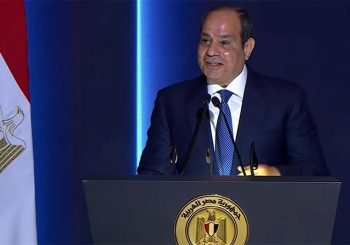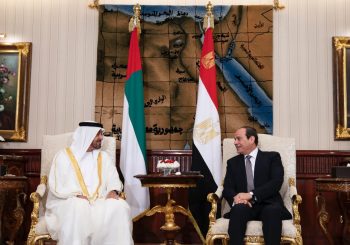By: Aya Ibrahim, The Cairo Post
CAIRO: Women dominated in TV drama series roles this Ramadan season but some art critics criticized the negative portrayal of women, that it did not reflect the challenges and problems of real women in Egypt.
“There were no good examples of women in this season’s TV dramas,” Secretary-General of the National Council for Women Ambassador Mona Omar told Youm7 Sunday, pointing out that women appeared as belly-dancers and killers in the majority.
Omar praised the role of Egyptian actress Leila Elwi in the series Shams (Sun), which showed the important role of women in the charitable sector.
“Despite the good performance levels of the series Segn al-Nesa (Women’s Prison), it gave a distorted image of reality that woman only worked as drug dealers, dancers, or killers,” Omar said. TV shows should reflect reality without highlighting the negative models since it affects Egypt’s image abroad, he said.
Omar called on series directors and producers to have a national conscience and present a classical product to Egyptian families, not to present a distorted image of Egyptian women.
There should be several different forms of women presentation in dramas, founder of Fouada Watch Azza Kamel told Youm7 Sunday. Each model should have a brief description of the challenges and problems that women face.
“The image of women in Ramadan TV series lacked many real aspects,” Kamel said. In the series Saraya Abdeen (Abdeen Palace), all the depicted women chase one man, which is a distorted image of the historical facts, in an attempt to convert Egyptian reality to Turkish-styled dramas.
Kamel said the solution to ensure the preservation of women’s image in dramas lies in allocating a specific budget for production of certain TV drama types to develop the mentality of viewers.
Art critic Tarek al-Shennawi believed that the “women were well represented in this season’s TV dramas and that they appear strong and positive.”
“The excessive violence against women and the stereotype of the female [belly] dancer are the dominating examples of this year’s Ramadan TV series,” head of the Egyptian Feminist Union Hoda Badran stressed. She further pointed out that the positive model for breadwinning, working women was not apparent in any series, although they represent a large portion of the Egyptian society.
“There must be a strict role for the censorship authority to prohibit arts that offends the society’s morals,” founder of Anti-Harassment Initiative Mohamed Saeed said. The audience must boycott these types of drama to facilitate the censorship’s mission to eliminate it. He also stressed the urgent need for regulations to control the moral lessons in Egypt’s dramas.
Prime Minister Ibrahim Mahlab had ordered the film Halaweet Rooh (Beauty of the Soul) to be withdrawn from cinemas on April 18 because it reportedly depicted a sexual relationship between the protagonist Rouh, starring Lebanese Haifaa Wahby, and an underage teen.
Mahlab’s decision was criticized by some parties. Egyptian journalist and blogger Wael Abbas tweeted: “No to the withdrawal of Halaweet Rooh. No to movie censorship.”







Comments (0)